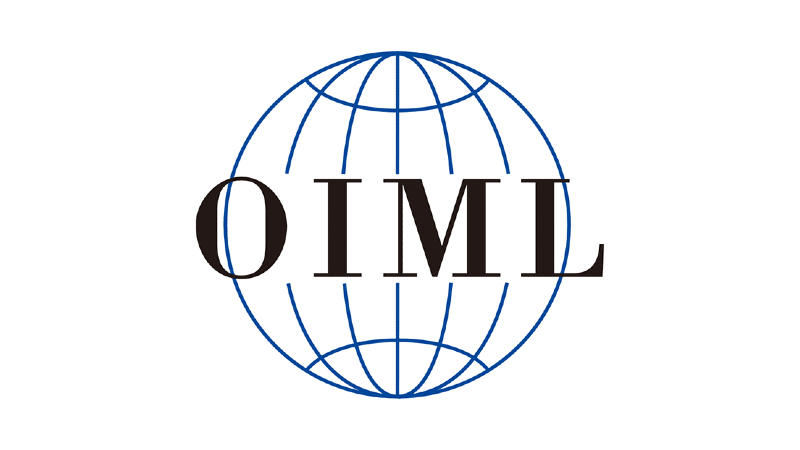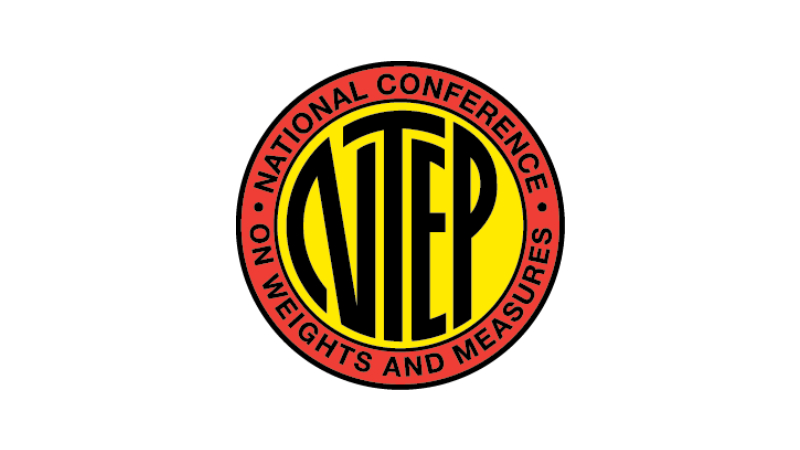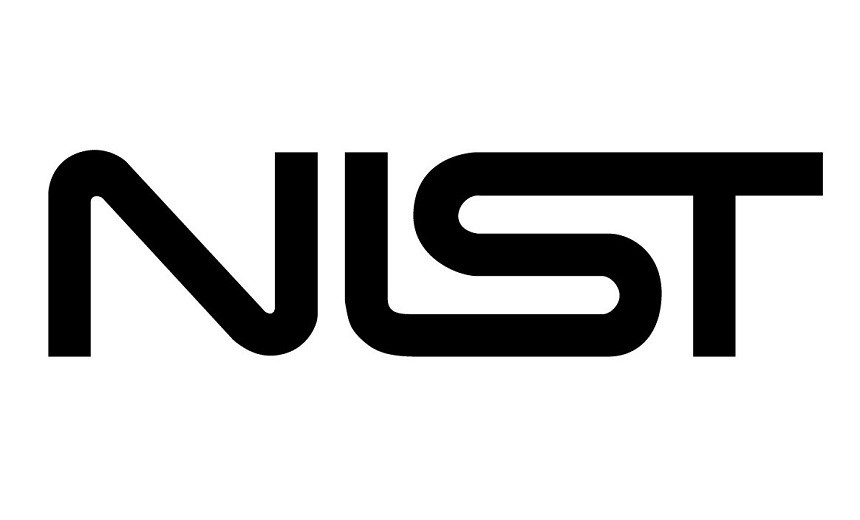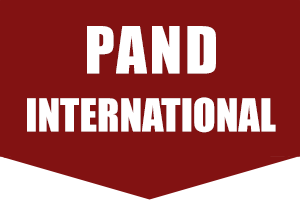Weight is a universally recognized measurable property. Businesses, provinces, local trade organizations, and manufacturers need to measure weight to gather accurate information. Weight regulations or weighing Standards are widely used in commercial transactions, road transport laws, and producing standard equipment. In this regard, for the purpose of establishment of international coordination and the formulation of executive guidelines, some related organizations and institutions have been launched for weighing. These organizations try to clarify how the weighing industry works and set some procedures and guidelines for weighing Standards.
Road weighing requirements (weighing Standards)
Regardless of what the trucks are carrying, the transportation authorities set and publish the maximum weight allowed on various roads.
Most regulations are published in the form of maximum weight on the axle, but in some cases, the permissible weight is also determined and notified based on the type of vehicle. In each country, there is national organization that works with international organizations like OIML to draft regulations (weighing Standards) for road cargo transportation.

Weighing industry regulators
Metrology (the science of weights and measures) is defined as the “scientific study of measurement”. In every industrial field, there are some organizations for developing weighing standards. These organizations integrate the language and literature of people around the world about that industry.
For weighing and measurement, agencies such as OIML, NIST, and NTEP develop and publish regulations and issue certifications for all companies and organizations which weighing is a big part of their activities.
The International Organization of Legal Metrology (OIML)
In many European and Asian countries, the OIML standard are accepted to underpin and facilitate international trade. From 1995 when OIML was established, it has developed a number of guidelines to assist its members, particularly developing countries, to draw up appropriate legislation concerning metrology across all facets of society and guidelines on certification and calibration requirements of new products.
The OIML works with other international organizations like the International Bureau of Weights and Measures (BIPM) and International Organization for Standardization (ISO) to ensure compatibility between all organizations which work in this area.
OIML regularly updates its collection of recommendations, guidance, reports and documents. Devices that meet OIML specifications will be OIML certified. This organization provides different rules and regulations for each part of the truck scale such as load cell and platform. For example, OIML document R 60 describes the performance characteristics and weighing Standards of load cells.
Paris, France is where the Headquarters of the OIML is located.

National Institute of Standards and Technology (NIST)
NIST’s activities are organized in purpose of physical science laboratory programs that include nanoscale science and technology, engineering, information technology, neutron research, material measurement, and physical measurement. From 1901 to 1988, the agency was named the National Bureau of Standards.
NIST had an annual operating budget and it also receives $610 million per year as part of the American Recovery and Reinvestment Act. NIST has about 2,900 scientists, engineers, technicians, and support and administrative personnel. NIST publishes the Handbook 44 that provides the “Specifications, tolerances, and other technical requirements for weighing and measuring devices”.
Regulations and weighing Standards for the road weighing and scale industry are also set in Handbook 44. Items such as technical specifications, test and inspection documents and other technical requirements for weighing tools such as truck scales are defined in this section.
This document is often known as Handbook 44 or H-44 and is revised annually. H-44 provides general specifications of a road scale. It also covers user requirements or tasks that the user and owner of the scale must perform.

National Type Evaluation Program (NTEP)
Truck scales that are considered for commercial use in the United States must take the NTEP certification. NTEP indicates that the truck scale has been tested and approved that it is accordance with NIST H-44 requirements. NTEP-certified scales are required in applications where products are sold to a consumer by weight. The purpose of the NTEP certification is to confirm to both the supplier and the customer that the scale in use meets the guidelines required to provide a reliable measure of weighing Standards. This is important for both suppliers and customers.
The technical experts of Pand Caspian Company have implemented more than 90% of applicable requirements in Iran by carefully studying these standards. In this respect, the scale produced in our company is qualitatively equal to the scale produced outside of Iran.

